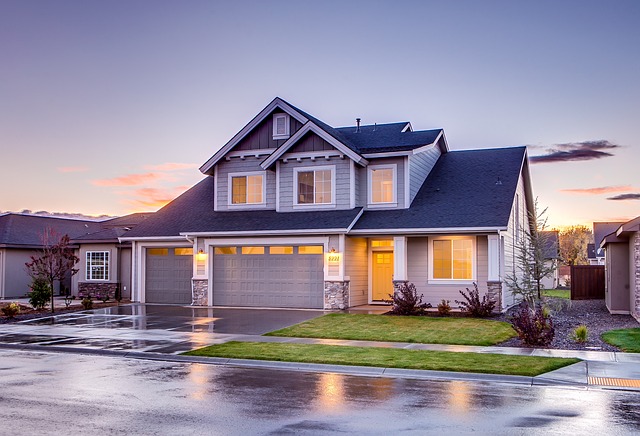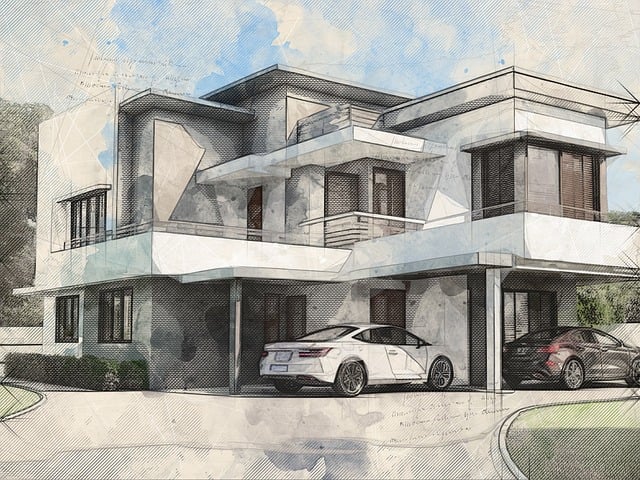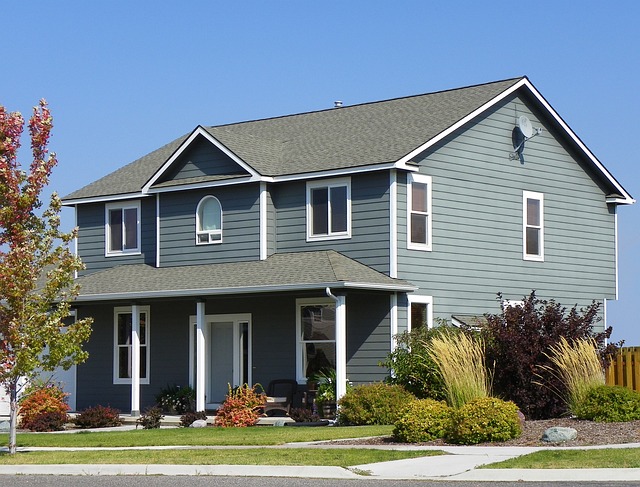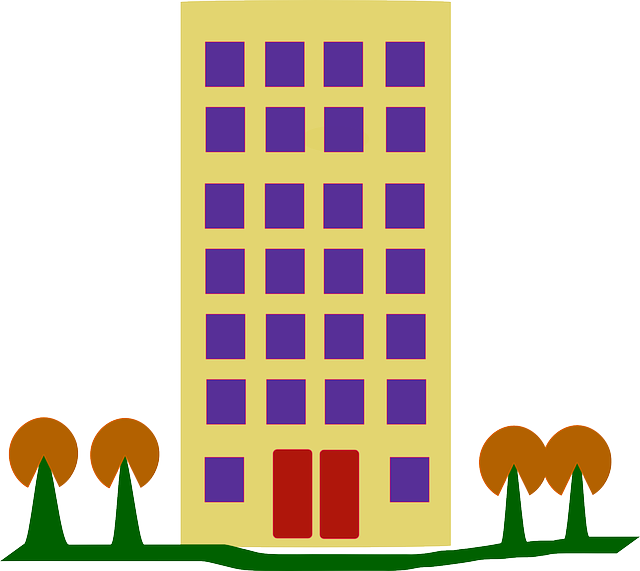In Singapore, prospective homeowners have two main housing options: Executive Condos (ECs) and Housing & Development Board (HDB) flats. ECs are designed for mixed households with at least one Singapore citizen, offering larger living spaces than standard HDB units, with modern finishes and integrated communal amenities such as gyms and pools that promote an active lifestyle. They cater to those who wish to upgrade from HDB living while emphasizing design, space, and potential capital appreciation. ECs are a hybrid of public and private housing, with certain ownership restrictions—they must be owned by Singapore citizens after a set period, post which they can be sold or rented freely. HDB flats provide more budget-friendly options for a diverse range of income levels, with government subsidies and financial assistance available, as well as resale price ceilings that guide their market value. Both ECs and HDB flats offer different lifestyle benefits and long-term investment opportunities within Singapore's housing ecosystem, and individuals must consider their personal preferences, lifestyle needs, and long-term housing goals when choosing between these two options.
When charting a path in Singapore’s property landscape, discerning homeowners face a pivotal choice between an Executive Condo (EC) and a Housing & Development Board (HDB) flat. This article delves into the nuanced differences between these two housing options, examining their eligibility criteria, financial implications, resale value trends, and the living experiences they offer. From understanding the distinctions to evaluating long-term benefits and restrictions, each aspect is crucial for prospective buyers seeking a home that aligns with their lifestyle and future aspirations. Navigate through this comparison to make an informed decision on whether an EC or an HDB flat suits your needs better.
- Understanding the Distinctions Between Executive Condos (ECs) and HDB Flats
- Eligibility Criteria: Who Can Apply for an EC Versus an HDB Flat
- Financial Considerations: Prices, Loan Limits, and Affordability of ECs vs HDB Flats
- Resale Value and Property Appreciation Trends in ECs and HDB Flats
- Design, Amenities, and Lifestyle: Comparing the Living Experience in ECs and HDB Estates
- Long-Term Benefits and Restrictions for Owners of Executive Condos and HDB Flat Residents
Understanding the Distinctions Between Executive Condos (ECs) and HDB Flats

In Singapore’s vibrant housing market, discerning between an Executive Condominium (EC) and a Housing & Development Board (HDB) flat is crucial for potential homeowners. HDB flats are public housing options designed to cater to the majority of Singaporeans, offering affordability and stability within various mature estates and new towns. These flats come with shorter lease terms, typically 99 years, and are subject to stricter resale conditions. On the other hand, ECs serve as a hybrid housing type that offers the advantages of a private condominium while remaining accessible to eligible couples. Designed for Singaporeans who are ready to upgrade from their HDB flat but may not yet meet the criteria for a private condo, ECs provide a middle ground with longer lease terms of 99 years or a 60-year lease with land tendered back to the government. The distinction between these two housing options lies not only in their lease tenure and market positioning but also in their facilities, amenities, and potential for appreciation. Prospective homeowners should weigh the pros and cons of each option based on their lifestyle, financial planning, and long-term goals.
Eligibility Criteria: Who Can Apply for an EC Versus an HDB Flat

When considering homeownership in Singapore, potential residents often compare the benefits and eligibility criteria of Executive Condos (ECs) versus Housing & Development Board (HDB) flats. An Executive Condo is a public-private housing hybrid designed for couples who wish to enjoy a higher level of privacy and luxury compared to traditional HDB flats, without the price tag typically associated with private properties. To apply for an EC, applicants must meet the following criteria: they should be Singaporean citizens, at least one applicant must be above 35 years old on the date of application, and both applicants must not own any residential property at the time of application or have disposed of any residential property within the 30 months immediately preceding the application date. Additionally, they should fulfil the monthly household income ceiling set by the Housing & Development Board (HDB).
On the other hand, HDB flats cater to a wider audience including first-time homeowners, couples, and even multi-generational families. Eligibility for an HDB flat is more inclusive, with less stringent age and income requirements. Singles, families, and even joint applicants (such as parents buying for their children) can apply for a BTO (Build-To-Order) flat, which includes HDB flats. The main eligibility criteria for an HDB flat include being a Singaporean citizen, meeting the minimum Occupier Public Housing (OPH) income ceiling, and not owning any local or foreign residential property. Unlike ECs, there is no age requirement that disqualifies younger applicants. Both ECs and HDB flats offer a pathway to ownership for different segments of the population, with ECs offering a stepping stone for upgraders looking for more space and amenities without the full commitment to a private property.
Financial Considerations: Prices, Loan Limits, and Affordability of ECs vs HDB Flats

When considering the financial implications of purchasing a home in Singapore, potential homeowners often compare Executive Condos (ECs) with HDB flats. ECs, designed for the sandwich generation who might be first-time buyers or existing HDB flat owners, offer a blend of public and private housing benefits. The pricing of ECs tends to be higher than that of HDB flats due to their larger size, amenities, and prime locations. Prospective buyers must consider the financial commitments involved, as EC prices can vary significantly based on factors such as location, size, and the development’s quality.
Financial prudence dictates a thorough assessment of loan limits and affordability when choosing between an EC and an HDB flat. Both housing options have their own set of loan parameters set by financial institutions. For instance, the maximum loan tenor for an HDB flat is 25 years, whereas for an EC, it can be up to 30 or 35 years, depending on the age of the youngest borrower at the time of loan completion. This extended tenor can make ECs more affordable for some buyers, as monthly installments may be lower compared to a shorter loan period for an HDB flat. Additionally, with various schemes like the CPF Housing Grant and the Special Housing Grant available for ECs, eligible first-time buyers can enjoy substantial financial assistance, further enhancing affordability. These financial considerations are crucial in guiding individuals towards making an informed decision that aligns with their long-term financial planning.
Resale Value and Property Appreciation Trends in ECs and HDB Flats

When considering resale value and property appreciation trends, both Executive Condos (ECs) and HDB Flats present unique scenarios for investors and homeowners alike. Executive Condos, designed for couples or families with at least one of the applicants being a Singapore citizen, offer a middle-ground housing option that blends the benefits of public and private housing. Over the years, ECs have shown promising trends in resale values, often appreciating due to their desirable features such as larger unit sizes and more comprehensive facilities compared to HDB flats. These properties are also situated in mature estates with established amenities, which can enhance their appeal to potential buyers.
In contrast, HDB Flats are the backbone of Singapore’s public housing system, offering affordable and quality living options for a diverse range of residents. While HDB resale prices have historically appreciated over time, the rate of increase can be influenced by various factors including location, flat type, and the overall state of the property. HDB resale values tend to fluctuate more than ECs, often responding to broader economic conditions, policy changes, and market sentiment. Prospective buyers looking for resale value stability might find ECs to be a more predictable investment, while HDB Flats may offer competitive pricing and a wider range of options in various neighborhoods across the island. Both housing types have their merits, and the choice between an Executive Condo and an HDB Flat for investment or residence should be considered with attention to personal needs, budget, and long-term goals.
Design, Amenities, and Lifestyle: Comparing the Living Experience in ECs and HDB Estates

When considering design, amenities, and lifestyle, the distinction between an Executive Condominium (EC) and a Housing & Development Board (HDB) flat is evident in several key aspects. ECs are often designed with contemporary finishes and layouts that cater to the evolving needs of families, featuring larger floor plans compared to standard HDB flats. This results in spacious living areas that allow for more flexibility in home design and decoration. Additionally, ECs typically come with enhanced facilities such as gymnasiums, swimming pools, and BBQ pits that are integrated into the development, offering residents a broader range of recreational options within their vicinity.
In terms of lifestyle, EC residents often enjoy a community-centric living experience. The amenities provided in an EC are tailored to foster social interactions and active lifestyles, with facilities designed for both leisure and exercise. This is in contrast to HDB estates which offer a more diverse range of housing types but may not have the same level of integrated communal amenities as ECs. Living in an EC can provide a more uniform experience across the development, with the design and facilities promoting a cohesive living environment. Conversely, HDB flats offer a wide array of choices, from different flat types to diverse neighborhoods, allowing residents to tailor their living experience according to personal preferences. Both options present unique advantages in design, amenities, and lifestyle, catering to the needs of potential homeowners at different stages of life.
Long-Term Benefits and Restrictions for Owners of Executive Condos and HDB Flat Residents

Executive Condos (ECs) and HDB flats serve as key housing options for many Singaporean families, each with its distinct long-term benefits and restrictions. For owners of Executive Condos, one of the significant advantages is the potential for capital appreciation over time due to their status as a hybrid of public and private housing. As these properties are designed for upgrading from HDB flats, they offer higher ceiling heights, larger living spaces, and more luxurious fittings compared to standard HDB units. Additionally, EC residents benefit from the proximity to amenities, shopping centers, and transportation networks that enhance lifestyle convenience. However, ECs come with a set of restrictions: they are not eligible for subsidy schemes and can only be sold or rented to Singapore citizens after fulfilling a minimum occupation period.
On the other hand, HDB flat residents enjoy the stability and security of government-subsidized housing. These flats are often more affordable, making them accessible to a broader range of income groups. The Housing & Development Board (HDB) provides benefits such as rental schemes, subsidies for the elderly, and financial assistance for those requiring home adaptations. Residents also have access to various amenities and community centers within the neighborhoods. However, HDB flats are subject to resale price ceilings and other regulations that govern re-selling and upgrading options. The HDB life is characterized by a strong sense of community living and close proximity to essential services, which can be particularly appealing for families. Both EC and HDB residents must navigate the policies and regulations set forth by the Singapore government, with the choice between them largely depending on individual lifestyle preferences and long-term housing goals.
When considering home ownership in Singapore, prospective buyers are often faced with a choice between an Executive Condo (EC) and a Housing & Development Board (HDB) flat. This article has delineated the key distinctions, eligibility criteria, financial implications, resale value trends, and lifestyle aspects of both housing options. The comparison highlights that while ECs offer a blend of private property features with certain public housing benefits, HDB flats present an accessible and more affordable option for homeownership. Both types of properties come with their unique set of pros and cons, particularly in terms of affordability, design, amenities, and long-term investment potential. Ultimately, the decision between an EC and an HDB flat should be informed by individual lifestyle preferences, financial considerations, and future housing needs. Prospective homeowners are encouraged to assess these factors carefully to make the best choice for their circumstances.



